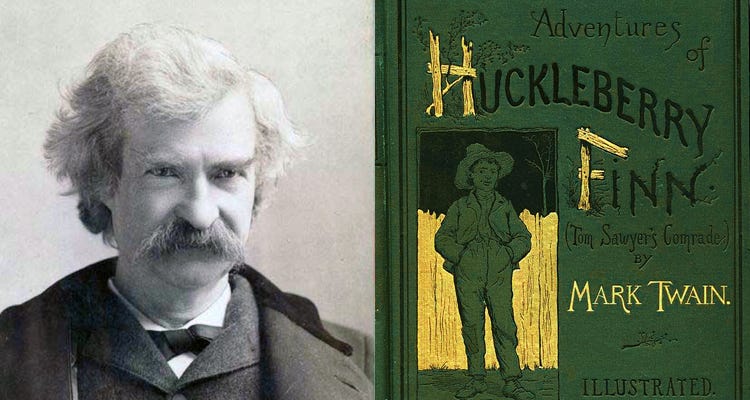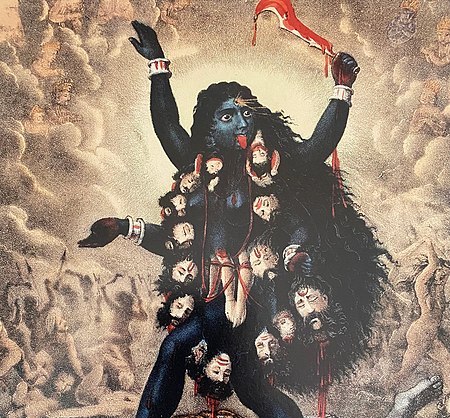news
Mark Twain’s Adventures of Huckleberry Finn Removed from School Curriculum

by Melissa Ragsdale

Electric Literature’s Editorial Director Halimah Marcus attended Friends’ Central High School and has written a response to this article that contains corrections.
Friends’ Central School in Wynnewood, Pennsylvania has just pulled Mark Twain’s classic Adventures of Huckleberry Finn from its 11th-grade American Literature curriculum. A group of students reported they felt “uncomfortable” with the book’s use of the n-word, and in response, the school held a forum for students and faculty over the issue, ultimately deciding that the book will be replaced by the memoir Narrative of the Life of Frederick Douglass, an American Slave.
“We have all come to the conclusion that the community costs of reading this book in 11th grade outweigh the literary benefits,” Principal Art Hall wrote in a letter to parents of Friends’ Central students.
This is certainly not Huckleberry Finn’s only ban — in fact, it was first banned in 1885, just months after its release. According to the American Library Association, it was the fifth most challenged book in the 1990s, and the fourteenth most challenged in the 2000s.
This incessant banning of Huckleberry Finn paints an interesting portrait of how the American psyche has evolved. When it was first banned, censors protested its anti-slavery stance and the portrayal of a friendship between an escaped African-American slave and a white boy. Now, however, the tables have turned, and it is frequently under fire for its frequent use of the n-word.
The relationship between education and race is, understandably, an important and an often-disputed territory. For instance, this fall the children’s book A Fine Dessert by Emily Jenkins was criticized for its racially insensitive depiction of a smiling slave, sparking a debate over how slavery should be handled and discussed, particularly in children’s literature.
These two controversies ask similar questions about how to navigate race in education: Where is the line between comfort and ignorance?









